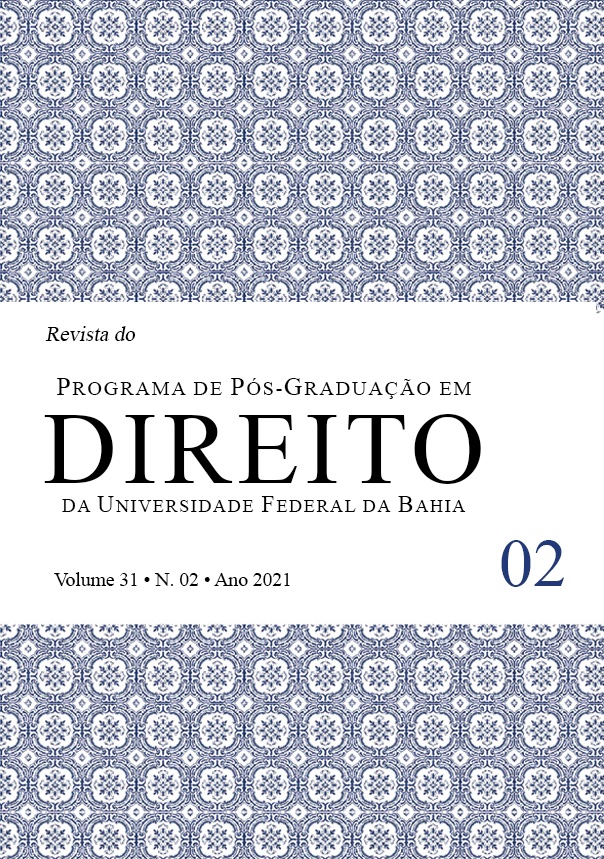ARTIFICIAL INTELLIGENCE ANALYSIS IN SELECTED DATABASES:
PRACTICES, CONCEPTS AND MEANINGS
DOI:
https://doi.org/10.9771/rppgd.v31i2.48451Abstract
The discussions and analyzes presented in this article bring up issues related to Artificial Intelligence (AI), with the main objective of knowing practices, concepts and meanings of the Artificial Intelligence in selected articles. With the analysis or review article, we seek to understand the existence or not of the concept and definition in published works, with a view to contributing to new perspectives on the theme. It is a study developed with theoretical and methodological support in the qualitative approach based on a review research, having as a data collection device the consultation in the database: SCIENCE DIRECT, SCOPUS, WEB OF SCIENCE, SCIELO and REDALYC, in a random way which consisted of the first five articles from the descriptor “Artificial Intelligence” (AI), placed in the search for the referred databases in April 2020. The theoretical framework was produced in the light of scholars in the subject in question, such as Machado (2019); Turing (1950); CRAGLIA (2018); Kaufman (2018); Simon (1950); Newell (1958); McCarthy (1969); among others. The research presented some latent aspects of the reality of Artificial Intelligence (AI), seeking to understand the challenges that are posed to this field of knowledge, especially with regard to the practices, concepts and meaning in the selected articles.
Downloads
Downloads
Published
How to Cite
Issue
Section
License
Copyright (c) 2022 Revista do Programa de Pós-Graduação em Direito

This work is licensed under a Creative Commons Attribution-NonCommercial-NoDerivatives 4.0 International License.
1. Autores mantém os direitos autorais e concedem à revista o direito de primeira publicação, com o trabalho simultaneamente licenciado sob a Licença Creative Commons Atribuição 4.0 Internacional que permite o compartilhamentodo trabalho com reconhecimento da autoria e publicação inicial nesta revista.
2. Autores têm autorização para assumir contratos adicionais separadamente, para distribuição não-exclusiva da versão do trabalho publicada nesta revista (ex.: publicar em repositório institucional ou como capítulo de livro), com reconhecimento de autoria e publicação inicial nesta revista.
3. Autores têm permissão e são estimulados a publicar e distribuir seu trabalho online (ex.: em repositórios institucionais ou na sua página pessoal) a qualquer ponto antes ou durante o processo editorial, já que isso pode gerar alterações produtivas, bem como aumentar o impacto e a citação do trabalho publicado

